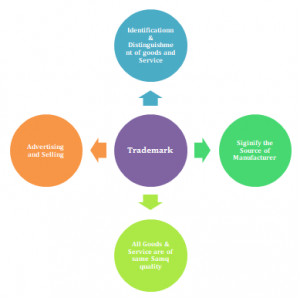Trademark Law Apply to Domain Names

Trademark law applies to domain names in several ways, particularly concerning the registration and use of domain names that incorporate trademarks owned by others. Here's how trademark law intersects with domain names:
-
Domain Name Registration:
- When registering a domain name, individuals and businesses need to ensure that the domain name does not infringe on existing trademarks. This means avoiding domain names that are identical or confusingly similar to trademarks owned by others, especially if the domain name is used in connection with similar goods or services.
-
Cybersquatting:
- Cybersquatting refers to the bad-faith registration of domain names that are identical or confusingly similar to trademarks with the intent to profit from the goodwill associated with the mark. This practice is prohibited under trademark law and can result in legal action against the cybersquatter.
- The Anti-Cybersquatting Consumer Protection Act (ACPA) in the United States provides legal remedies for trademark owners against cybersquatters, including the transfer or cancellation of infringing domain names and monetary damages.
-
Domain Name Disputes:
- Trademark owners can initiate domain name disputes through mechanisms such as the Uniform Domain-Name Dispute-Resolution Policy (UDRP) and the Uniform Rapid Suspension (URS) system. These processes allow trademark owners to challenge the registration of domain names that infringe on their trademarks through arbitration or other dispute resolution procedures.
-
Use of Trademarks in Domain Names:
- While using a trademark in a domain name is not inherently prohibited, it can raise issues if the domain name is used in a way that causes confusion or implies an affiliation with the trademark owner without authorization.
- Domain names that incorporate trademarks should be used in a manner that does not infringe on the rights of the trademark owner and does not create a likelihood of confusion among consumers.
In summary, trademark law plays a significant role in the registration, use, and enforcement of domain names, particularly concerning issues such as cybersquatting, domain name disputes, and the use of trademarks in domain names. It's essential for domain name registrants to consider trademark implications when choosing and using domain names to avoid potential legal conflicts.
Thank you,
